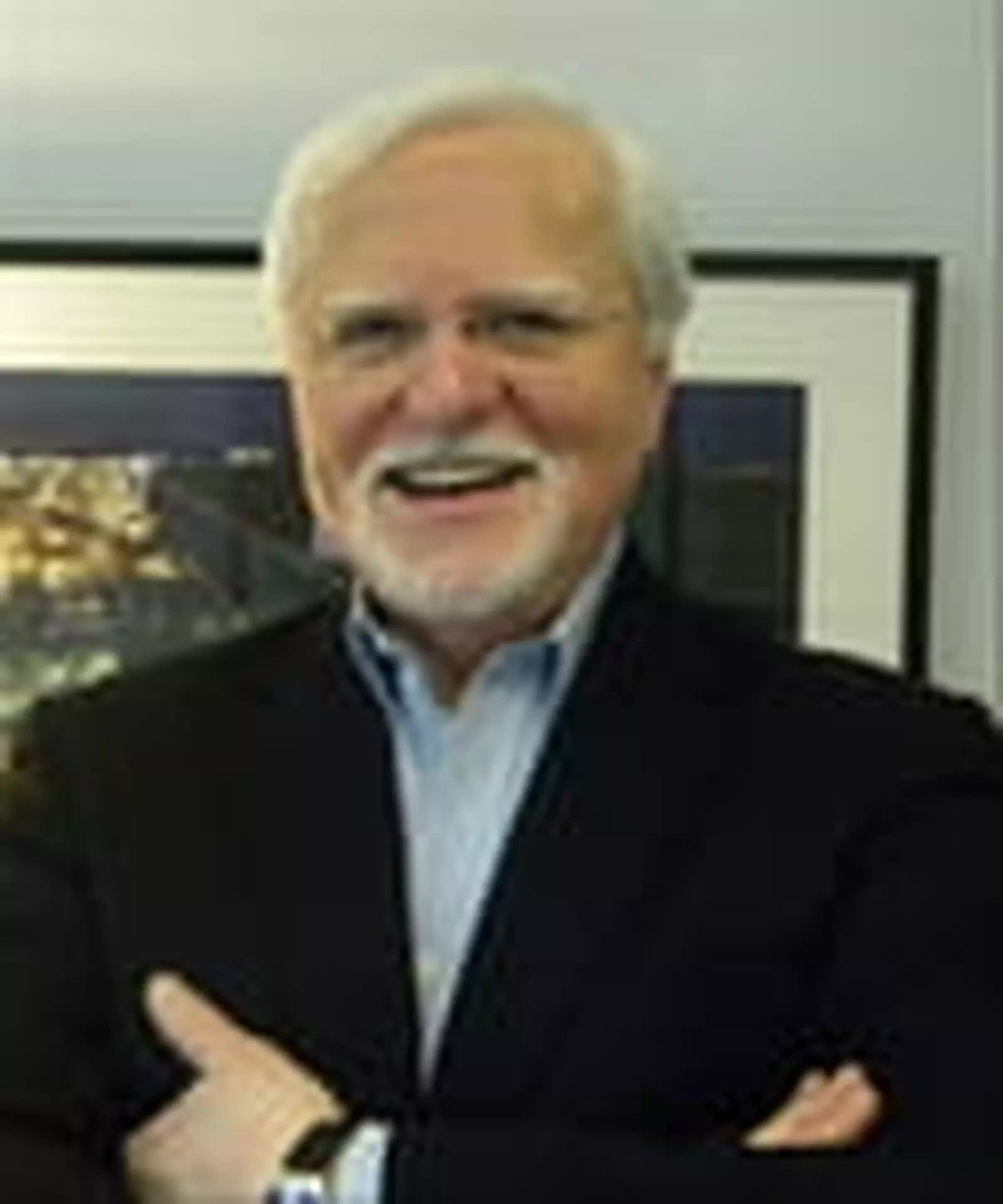10 Important Reminders about Church Conflict

“It is good for me that I was afflicted, that I might learn your statutes.” – Psalm 119:71
In a newspaper interview, Jeffrey Katzenberg spoke about movie-making lessons he learned from Walt Disney.
Walt believed that an animated movie was only as good as its villain. I never forgot that.
Villains make the story. Villains turn ordinary people into heroes. Villains rivet our attention on the plot. Villains keep us fixated on the story until justice is served.
The greatest drama of the Twentieth Century was the Second World War. Think about its villains–Hitler, Mussolini, Hirohito, and yes, Joseph Stalin, too. Without that war and those villains, we would never have heard of heroes such as Generals Eisenhower, Patton, MacArthur, and Montgomery. That war made Winston Churchill arguably into England’s Man of the Century.
Encountering Your Own Set of Villians
As a pastor, you have encountered your own set of villains. You’ve noticed that they fall into two camps. One is the devil himself and all his cohorts. The other are people who are supposed to be on your side, but instead of helping the program, they seem to spend their days and nights scheming and searching for ways to bring it down.
Paul cautioned the elders of Ephesus to expect the same two groups of villains. After my departure savage wolves will come in among you, not sparing the flock. And, from among your own selves men will arise, speaking perverse things, to draw away the disciples after them (Acts 20:29-30).
No matter who the opposition is or where they originate, you will get on with your assignment and let the Lord sort out who among your membership are the wheat and who are the tares (cf., the parable of Matthew 13). Whichever they are, as the leader (pastor, staffer, elected leader) of the church you want to deal with them from a position of faith and strength.
Here are ten statements concerning conflict (and villains) in the church about which you might need reminding:
1. Conflict is normal.
2. Conflict is mostly good. When you want to build a muscle, you put stress on it.
3. Conflict drives you to discover your resources, rally your troops, and summons your reserves. It sends you to your knees in prayer, to your study in panic, and to your counselor for guidance. All of this is good.
4. The person who lives without conflict (stress, problems, challenges, opposition, even persecution) grows flabby and lazy and self-satisfied. Soon they become critical of others and attain know-it-all status concerning life. Thereafter, the news is all bad. They could have benefited from a little conflict along the way. If nothing else, it makes people humble.
“All sunshine makes a desert” is an old saying that works here.
5. Dealing with conflict is often hard, frustrating, and disappointing. That’s why people are not rushing to enter the ministry but have to be “called” by God into this work. If you have found the ministry to be demanding, the workers frustrating, and the obstacles sizeable, then you are seeing clearly. This is how it has been from the beginning. Nothing has changed.
6. The great spiritual leaders of any generation had to overcome great opposition, sizeable barriers, strong villains. Leaders with no problems you never heard of.
7. The best memories of the rest of your life–the greatest lessons learned, the finest strengths developed in you, and the best stories–will involve the problems you faced, the negative people you dealt with, and the troubles you endured. In time, you will find yourself thanking God for that deacon who drove you up the wall, the old man who criticized every proposal you ever brought before the church, the group that fought you on every innovation and change, and the biggest gossip in the congregation. God used them to make you something special, to hone off the rough edges, to soft and sweeten you.
You owe your enemies a great debt of gratitude.
8. When you read a book, what makes it fascinating are the obstacles and problems. A novelist says in plotting her stories, she keeps an index card on the wall above her computer. On it, she has written three words to guide her: “Things get worse.”
Perhaps you can recall books you began reading but laid aside and never finished because they were all sweetness and light with no problems, no negatives, no darkness. Memoirs telling how the author went from success to success we find boring. Show me one where the writer failed again and again, was repeatedly knocked down in life, but each time rose a little stronger and eventually won the victory, and that’s a book I want to read.)
9. Scripture has not misrepresented the Christian life nor the work of those called to spread the Gospel. From one end of the New Testament to the other we are told to expect persecution (see Matthew 5:10 and Revelation 7:14), opposition from both within and without the church (see Acts 20:29-31), and tribulation in all its various manifestations (see Acts 14:22). To listen to some of us in the ministry belly-aching, one would get the impression the Lord has been unfaithful and that opposition blind-sided us.
We should be ashamed of ourselves. Jesus said, “When you are persecuted, rejoice.”
10. Ministers and others who find themselves in a lovely congregation where no conflict exists may want to start cranking up the machinery and see if they can start more ministries in the community, take the gospel to those who have never heard, and involve more believers in the work. Do that, and I can promise you the devil will pay attention and will no longer leave you alone.
I’m not saying you should encourage opposition, but that if you are faithful in spreading the Word, it will find you (in one form or the other, to one degree or the other).
John Wesley wrote a pastor, “I hear you have a thriving Sunday School work in your area. I am surprised the enemy has not already raised up a champion against it.”
That’s the process, friend.
It’s the highest compliment hell can pay.
Photo Credit: Megan Allen/Unsplash

Originally published July 09, 2024.





